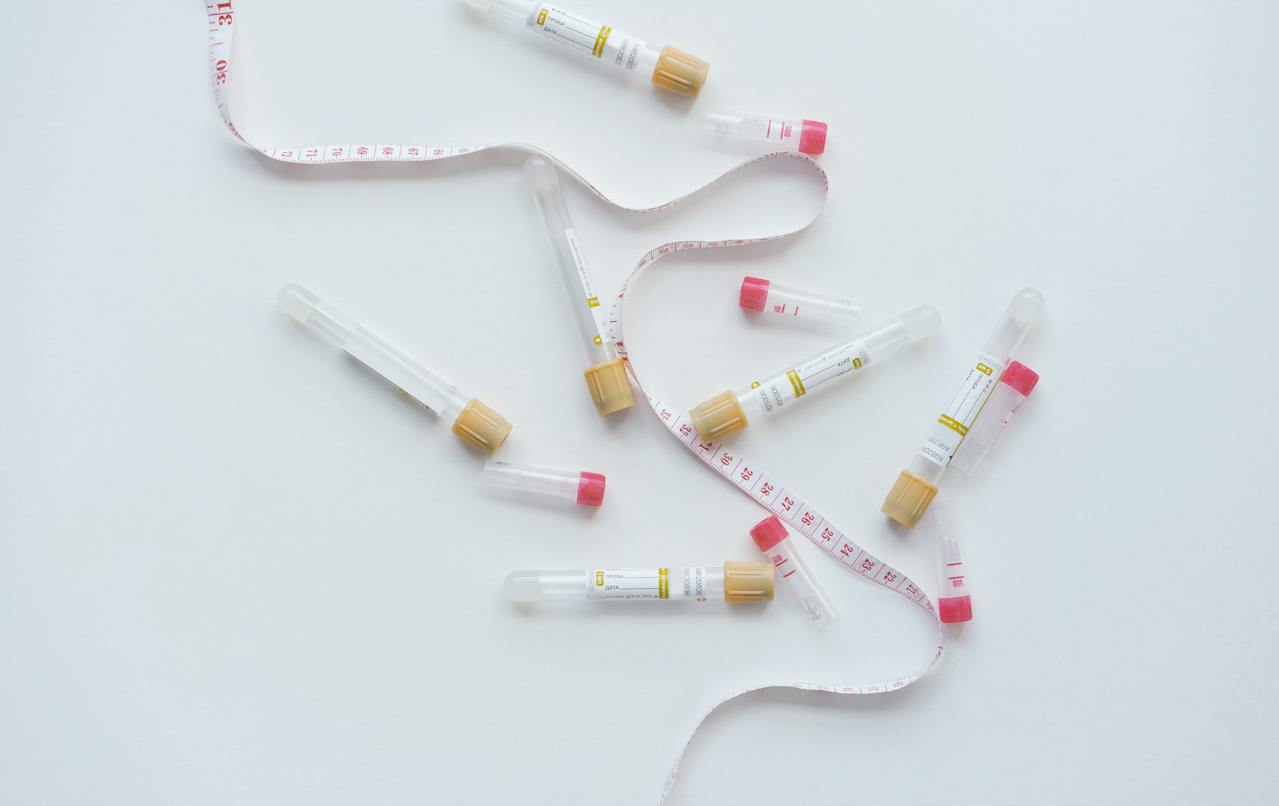What AIFA says about anti-diabetes drugs

The announced shortage of anti-diabetes drugs based on semaglutide and liraglutide, including Ozempic and Victoza, will last longer than expected also due to their excessive use for weight loss. Here's what AIFA says about causes, timing and alternatives
It was March when the fashion for anti-diabetes drugs also used to lose weight went crazy on social media and among celebrities and the Italian Medicines Agency (Aifa) warned of their shortage, which could cause serious consequences for those at risk of hyperglycemia .
A shortage that was thought to be resolved by the end of this year but which Aifa itself now predicts could continue for a good part of 2024.
WHICH ANTI-DIABETES DRUGS ARE MISSING
The two drugs that are missing for around 4 million Italians with diabetes are Ozempic (semaglutide) and Victoza (liraglutide), both from the Danish laboratory Novo Nordisk, which has suddenly become a star on the pharmaceutical scene, surpassing groups in September leader in the luxury sector such as LVMH in terms of stock market capitalisation, with values that had already – albeit slightly – exceeded the Danish GDP, recalls Adnkronos . GDP, which in turn "took flight with upward forecasts for the future".
THE NOVO NORDISK ANNOUNCEMENT RELEASED BY AIFA
The announcement of the shortage of Ozempic and Victoza – on the eve of World Diabetes Day (14 November) – was Novo Nordisk itself with an information note agreed with the European regulatory authorities and Aifa.
THE CAUSES
The shortage of semaglutide and liraglutide, which could lead to stock-outs, is due to increased demand for them, coupled with capacity limitations at some manufacturing sites, the statement said. In this regard, in recent months Novo Nordisk has announced investments of over 7 billion euros to expand two factories in Denmark.
Additionally, to facilitate increased supply of Ozempic, the company has decided to temporarily reduce the supply of Victoza.
TIME FORECASTS
For Ozempic, the note reads, intermittent shortages are expected throughout 2024, while for Victoza at least until the second quarter of 2024. In both cases, the situation will worsen in the fourth quarter of 2023.
Which is why the pharmaceutical company recommends that doctors not start treatment with Victoza in any new patient until at least the second quarter of 2024, when distribution is expected to normalize.
As regards Ozempic, the supply of the initial dose (0.25 mg) will be limited, to reduce the start-up of new patients on treatment at least until the supply situation improves, expected in the first quarter of 2024.
BUT ARE THERE ALTERNATIVES?
If Ozempic or Victoza are not available, Novo Nordisk suggests prescribing patients a suitable alternative medicine. But does it exist?
“Today in Italy there are 5 molecules that the diabetic patient has available,” Angelo Avogaro, president of the Federation of scientific diabetology societies SID and AMD, told Adnkronos Salute . “These are semaglutide, exenatide, liraglutide, dulaglutide and lixisenatide”, i.e. Glp-1 receptor agonist drugs, which in addition to reducing blood sugar levels also correct other risk factors, such as weight , and therefore protect the cardiovascular system from stroke and heart attack.
THE USE OF ANTI-DIABETES DRUGS FOR WEIGHT LOSS
The shortage caused by the greater demand and uncontrolled use of these drugs due to their ability to cause weight loss, however, Avogaro specifies, "is a problem that concerns more the USA because in Italy everything is very regulated".
In our country, in fact, they must be prescribed with Note 100 of Aifa, which indicates exactly what the prescription terms are. And they are not licensed for the treatment of obesity.
At a European level, recalled Marco Cavaleri of the European Medicines Agency (EMA), there are only "two products specifically approved for weight control [Saxenda-liraglutide and Wegovy-semaglutide by Novo Nordisk, ed. ], while the others are for the treatment of type 2 diabetes." And, therefore, any off-label use (i.e. for uses other than those for which they were authorized) should be avoided to guarantee their availability to the indicated population.
We must not forget that, in addition to the people who know they suffer from diabetes, we must add the 212 million in the world who do not know it, according to data from the International Diabetes Federation.
ALL THE SUCCESSES OF ANTI-DIABETES DRUGS
But the success of weight loss drugs is unstoppable, so much so that this market will reach a value of 100 billion dollars by the end of the decade. Only a few days ago the United States approved another molecule, tirzepatide (already in use for the treatment of type 2 diabetes, under the commercial name of Mounjaro), also for weight loss. It is produced by Eli Lilly with the drug called Zepbound .
However, in addition to helping you lose weight, these medicines are making further progress, which could lead to a further expansion of the range of beneficiaries. In fact, in recent days a study was presented confirming that semaglutide is able to reduce the risk of cardiovascular events in obese or very overweight people.
This is a machine translation from Italian language of a post published on Start Magazine at the URL https://www.startmag.it/sanita/cosa-dice-laifa-sui-farmaci-anti-diabete/ on Thu, 16 Nov 2023 11:11:35 +0000.
